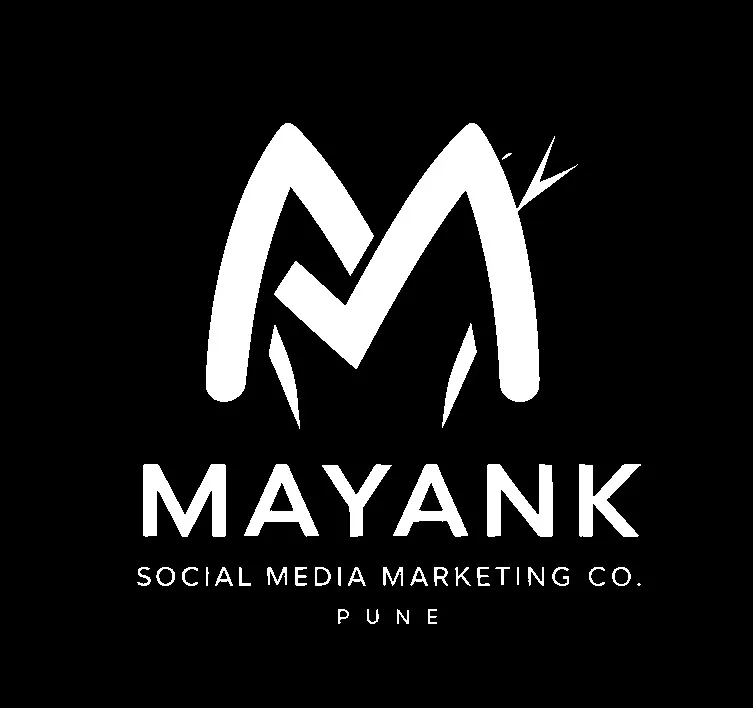(SEO) Search Engine Optimization
Drive Engagement. Build Your Brand. Grow Your Business.
What Is SEO
SEO stands for Search Engine Optimization and helps search engines understand your website’s content and connect it with users by delivering relevant, valuable results based on their search queries. The goal of SEO is to rank on the first page of search engine results pages (SERPs) for the most relevant and valuable keywords to your target demographic, driving qualified traffic to your site.
How does Google Search work
Google is a fully automated search engine that uses programs called crawlers to explore the web constantly, looking for pages to add to our index. You usually don't need to do anything except publish your site on the web. In fact, the vast majority of sites listed in our results are found and added automatically as we crawl the web. If you're hungry for more, we have documentation about how Google discovers, crawls, and serves web pages.
Help Google find your content
Google primarily finds pages through links from other pages it already crawled. In many cases, these are other websites that are linking to your pages. Other sites linking to you is something that happens naturally over time, and you can also encourage people to discover your content by promoting your site.
Organize your site
When you're setting up or redoing your site, it can be good to organize it in a logical way because it can help search engines and users understand how your pages relate to the rest of your site. Don't drop everything and start reorganizing your site right now though: while these suggestions can be helpful long term(especially if you're working on a larger website) search engines will likely understand your pages as they are right now, regardless of how your site is organized.
